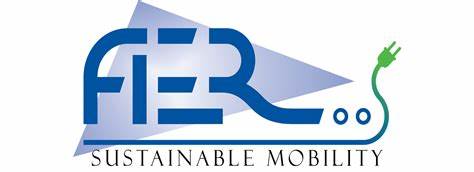
Luxembourg
Case Study
The Challenge
Cenex and FIER were commissioned by the Government of the Grand-Duchy of Luxembourg to provide input to the development of a policy framework and incentive scheme to decarbonise Medium and Heavy-Duty Vehicles (MHDV) across the country. The policy framework and incentive scheme are designed to achieve the ambitious goal of reducing the environmental impact of the transport sector by 50% by 2030, compared to a 2019 baseline.
The Development
Cenex and our partners at FIER created an evidence base for policy framework recommendations. This included creating a database of alternative freight vehicle availability and specifications, whole life cost models for Zero Emission (ZE) trucks to 2040, researching ZE HGV (Heavy Goods Vehicle supporting policy across EU countries, assessing the feasibility of interim measures to support alternative fuels and advising on policy intervention measures.
The project also reviewed the potential future power requirements that would enable depot-based charging for medium and heavy-duty vehicles across Luxembourg.
The Result
Advanced economic models that analyse the impact of different policy options for ZE MHDV were created. These models consider the viewpoints of both fleet operators and government funders to provide a comprehensive evaluation of the potential outcomes.
The team also conducted a thorough review of state aid options available to the Government of the Grand-Duchy of Luxembourg to promote the growth of the ZE truck sector. With this detailed analysis, stakeholders can better understand the implications of various policy choices and make informed decisions to support a sustainable and efficient transportation system.

